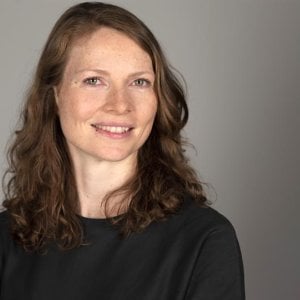I studied Medicine at Trinity College, Dublin and did my specialist training in General Practice (Family and Community Medicine) on the Trinity/HSE General Practice Training Scheme in Ireland. I have a MSc(dist) in Tropical Medicine and International Health and the DTM&H from LSHTM. Before joining LSHTM in 2016, I worked with Médecins sans Frontières in India, Jordan and the DRC, focusing on malnutrition and developing Non-Communicable Disease services. I work three days at LSHTM and two days clinically as a family medicine specialist/GP each week.
Affiliations
Centres
Teaching
I am co-organiser for a new Management and Evaluation of Humanitarian Health Projects distance learning module, part of a new Health in Humanitarian Crises MPH. I teach on Conflict and Health and Epidemiology of Noncommunicable Diseases and Control in-house modules. I am a tutor and supervise Masters students' summer projects. Recent projects have involved literature reviews and qualitative research on noncommunicable diseases and sustainability in humanitarian settings. I have also taught on malnutrition for the East African DTM&H and now teach on NCDs in humanitarian settings for the London-based DTM&H, the MSF Global Health and Humanitarian Medicine Course and CERAH Geneva NCDs Short Course.
Research
My research involves mixed methods evaluations (including costing) and implementation research on NCDs in humanitarian and LMIC settings. Current projects involve exploration of innovative models of care (integrated care, peer support) for hypertension and diabetes in Lebanon with the Partnership for Change group, involving ICRC, DRC and Novo Nordisk, and leading the qualitative component of the HumAn1 study, comparing human with analogue insulins in Bangladesh and Tanzania. Previously, I worked with MSF on evaluating their NCD services in DRC and Jordan and their introduction of a cardiovascular secondary prevention polypill in clinics in north Lebanon. I am workstream co-lead for the International Alliance for Diabetes Action (IADA). I am passionate about working with humanitarian organisations to develop simplified and cost effective models of NCD care delivery in unstable or resource-constrained environments, and improving access to care and medicines. I am also interested in applying and developing evaluation methods for complex interventions in insecure and dynamic humanitarian settings.
